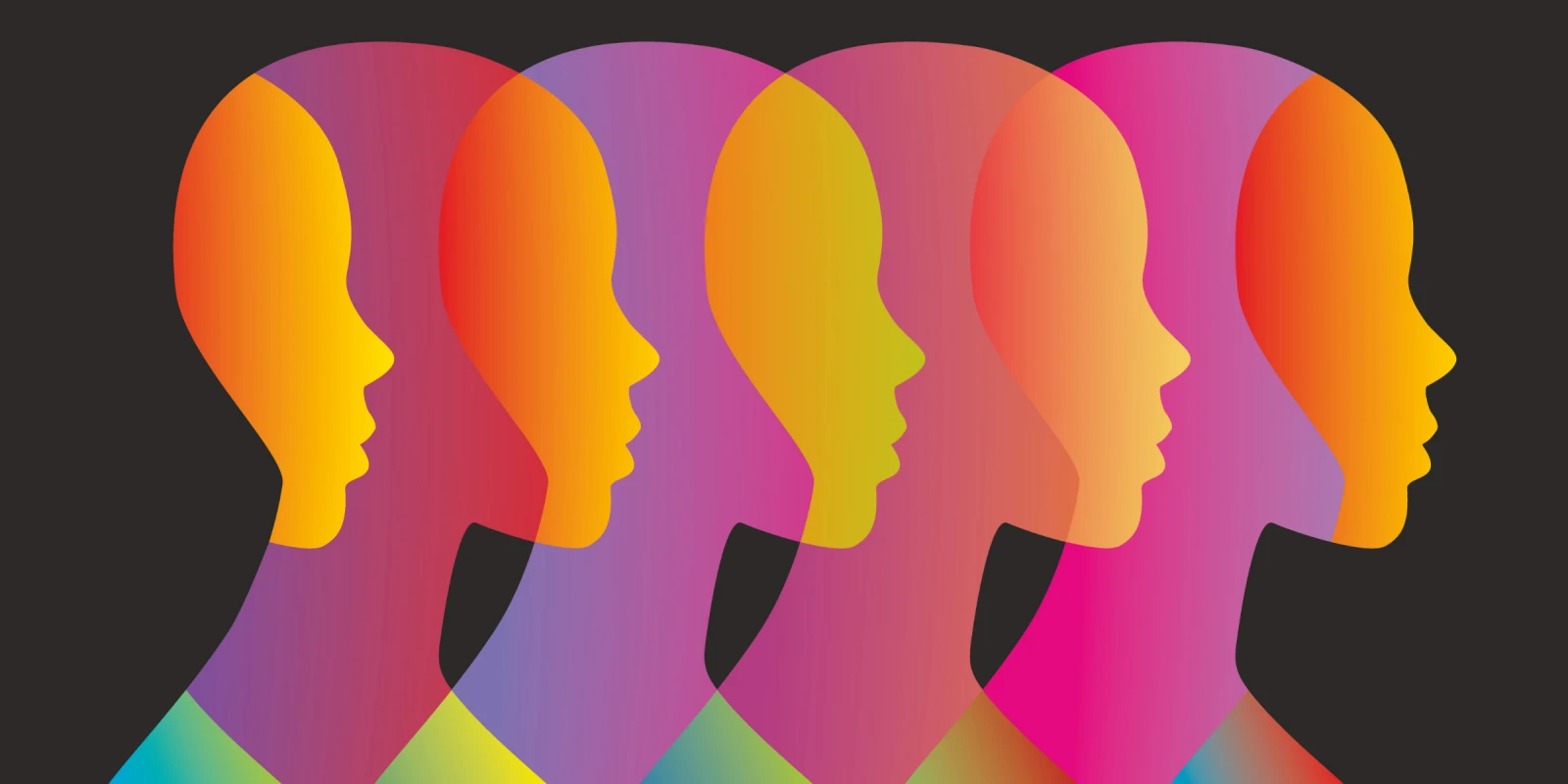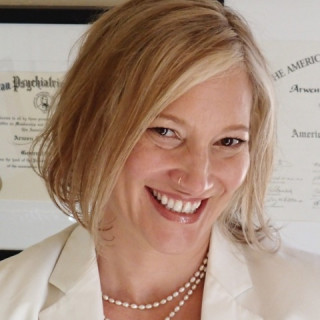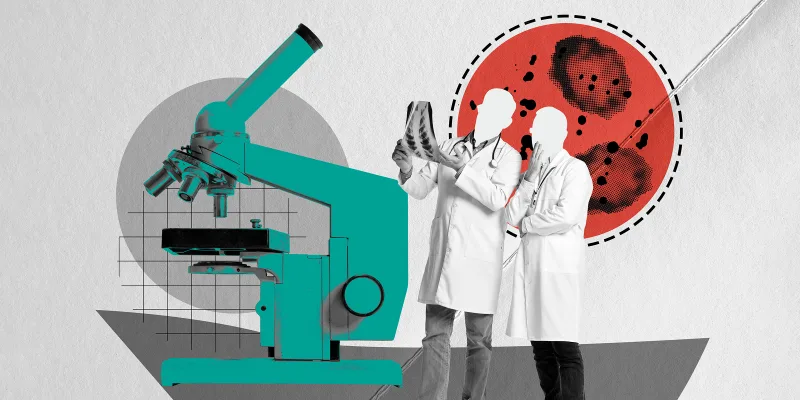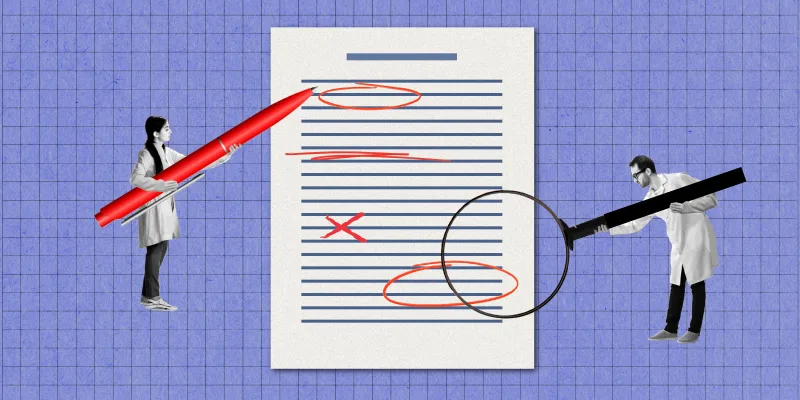Practicing psychiatry has some major challenges. For about 10 years I have had a private practice with psychotherapists, nutrition, massage therapy, and acupuncture. I am medical director of several addiction facilities in my area. And I am also clinical faculty at two residency programs. I find that most outpatient psychiatrists’ practice in silos — as in, we often do not collaborate with other medical specialties. Many still see the brain as medically separate from the body. We are beholden to the DSM for diagnosis codes, which has barely any relatedness to symptom treatment. The conferences I often attend often don't get at these challenges.
I recently attended the Psych Congress Regional 2020 virtual meeting and am pleased to report that this conference is quite different. (I must disclose that I am on the steering committee, but only because I align so much with Psych Congress’s mission.)
The sessions all have unbiased data on treatment options, with excellent data comparing different treatments. The sessions also incorporated collaboration in care, general health, and wellness. All of the presenters are looking to give practical takeaways for clinical practice. As well, the presenters are focused on giving evidence, reasoning, and tools to individualize treatment. As we in practice all know, a diagnosis does not suggest which treatment is going to work best for that diagnosis. There are many symptom variables, different root causes, and comorbidities that help us understand the individual better than an F code or DSM label does.
Dr. Karl Doghramji, a psychiatrist and sleep specialist in Philadelphia, presented on insomnia. Apparently, in the primary care population, half of patients experience insomnia. And in psychiatric outpatient populations, 31% met criteria for insomnia. And yet, we as practitioners often don’t ask!
I teach my residents and fellows in addiction to get details on the following five specific symptoms: mood, anxiety, energy, cravings, sleep. Many residents tell me that sleep and energy are overlooked in their clinical interview. Dr. Doghramji showed some data from a 2018 study he published related to exactly this: 97 patients in an inpatient psychiatric setting were evaluated, 79.4% of them met criteria for insomnia, and not one of their clinical charts identified insomnia as a clinical problem. And as we often say, if it isn’t documented, it wasn’t asked. Furthermore, Dr. Doghramji showed data from a meta-analysis that showed that insomnia greatly predicts future depression, and also suicidality, driving issues, and even hypertension.
He then reviewed an evaluation and treatment algorithm that he created (published in a 2015 paper by him.) And then he went on to clearly delineate evidence levels for both FDA-approved and off-label insomnia medications, as well as psychotherapy (especially CBT) and non-pharmaceutical supplements and herbs.
I consider myself pretty up to date on psychiatry. I commit to reading at least three primary journal articles a week as well as present on various topics to residencies and conferences. But I learned a ton from this session, and it will certainly influence my practice.
And I have the same review of the other sessions that I attended: sessions on anxiety, depression, tardive dyskinesia, schizophrenia, ADHD, and suicide. Psych congress regionals are what I would consider short master’s classes in psychiatry with pertinent practical takeaways.
These same sessions will be offered six more times this year, offering 10 CMEs for this 1½ -day event. I would highly encourage anyone who works in any field that sees patients with psychiatric issues to make time to attend one of these conferences.







